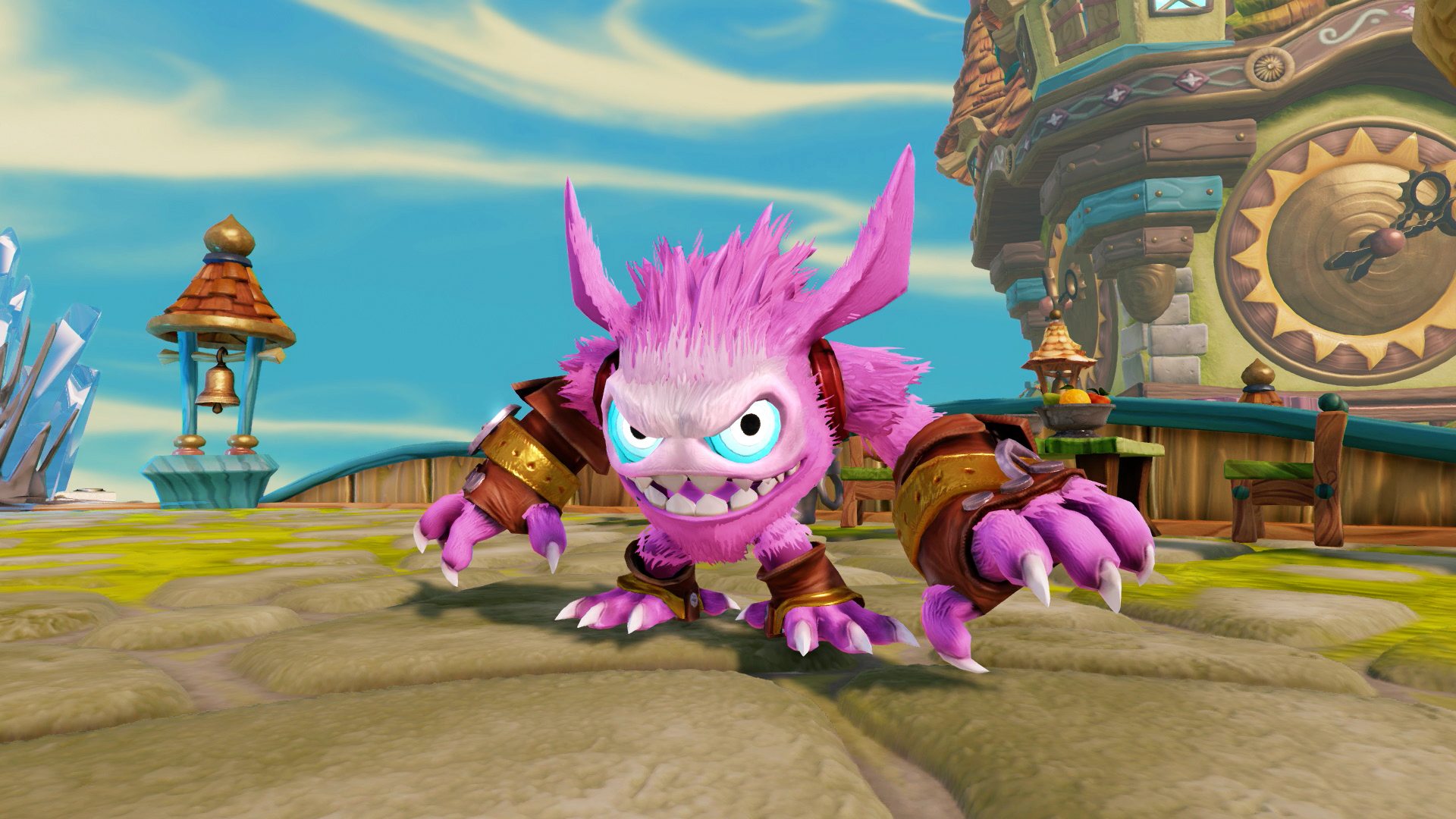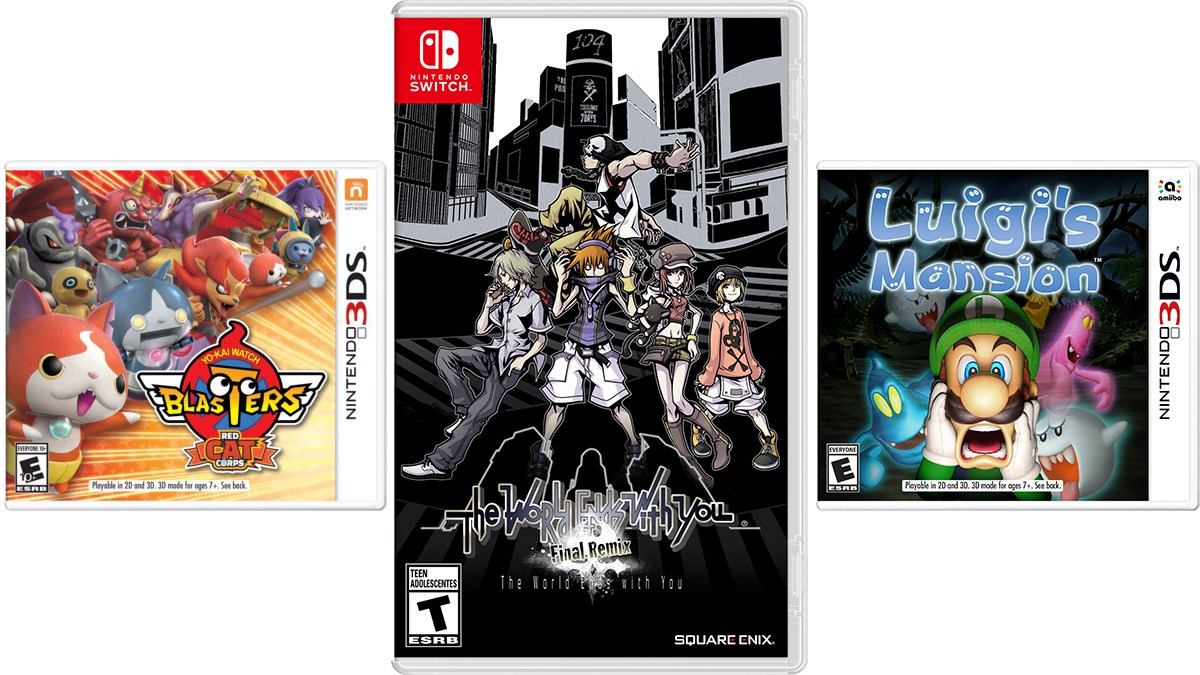Although it is probably a universal truth of any creative industry, in my experience developers are particularly resistant to identifying a game’s shortcomings before they have shipped. Hearing Max Béland look back at Splinter Cell: Conviction at PAX 2012 I was struck again by how precise and cutting retrospective analysis is, while in the present awareness is often blinkered.
At the same time I was taken back to my recent discussion with him about the new Splinter Cell Blacklist ($59.99 on Amazon) game. As you can see in the interview, we soon got on to talking about potential problems in the current game — the difficulty of dealing with violence in a mature way in a game that is designed primarily to entertain. It was a frank and productive conversation, I think, and engaged with issues affecting the current game rather than consigning problems to the past.
Béland was pragmatic about the political set-up in the game. Like James Bond and his 007 “Licensed to Kill” status, Sam Fisher has his “Fifth Freedom.” While I’m not sure I’d call the warrant to dispatch fellow human beings a “freedom” I could understand where this was coming from. Béland expanded on the thinking here: “they do whatever it takes for the greater good. As a society we need people that have that freedom. At the same time it’s very grey.”
This could have sounded like grandiose thinking for a videogame, but this was not just for entertainment’s sake. Béland talked about the reaction he hoped this would illicit in the player. “We are putting the player in situations that I’m hoping will make them reflect. War’s not all fun and games, there’s humans on both sides.”
I asked whether these aims were appropriate or achievable in a game designed as a leisure product. “It is [appropriate] but the game needs to be rated for an appropriate audience. You need a level of maturity to understand what we are doing.”
This took us on to talk about how we deal with all sorts of different violent stories and pictures in our daily lives — particularly when our children come into contact with them. Unlike the in-vogue protectionist instincts where we aim to inoculate or insulate our offspring from dark stories, Béland suggested a different approach.
“I’m a parent and things happen in our lives when we need to have sit-downs and talk to our children. It’s our job as parents to educate them and help them understand. Sometimes it’s the news; children are exposed to so many things these days. We need to not minimize their exposure but when things happen we need to sit down and have discussions with them and help them understand.”
Equipping our children for difficult situations and with an understanding that not everywhere in the world is as predictable as our safe western homes is a sobering and compelling suggestion. “As a parent it’s my responsibility, but also I enjoy it because I’m shaping a future human that is going to have a great sense of good is going to be able to make great moral choices.”
“It’s a real challenge. These days we are bombarded by these things in the news… in games we are stronger and more immersive and have more responsibility to make sure that we make games in a responsible way.”
I ask whether Ubisoft Toronto helped developers working on the game engage with and cope with these topics? Was there some kind of post-traumatic stress counseling for immersing yourself in these wartime scenarios everyday at work? Again I was surprised at the response. “Every two weeks we have a presentation in the cafeteria and we always have a moment we call ‘anonymous questions.’ Sometimes it’s just about wanting more fruit [in the office] but sometimes it’s about the game and the subject. We are 200 people on the team, and people care and want to understand. We did an internal demo at one point… and people came to me afterwards [to talk it over].”
Although the focus on entertainment remains front and center for games like Splinter Cell, the rhetoric of those who address these subjects is impressively mature. Talking to Béland, like my FGTV interview with Jakob Minkoff, I came away freshly engaged in the subjects behind the entertainment and the violence. “It’s entertainment, regardless of everything else I hope they enjoy the game and have a blast. I want them to have great stories to tell. If we are not fun then forget about deep engaging story lines and all the rest.”
While Béland is clear about what sells games, I’m interested to see what this groundswell of engagement with difficult subjects results in over the coming years.
Splinter Cell Blacklist is available to pre-order from Amazon from $59.99.




